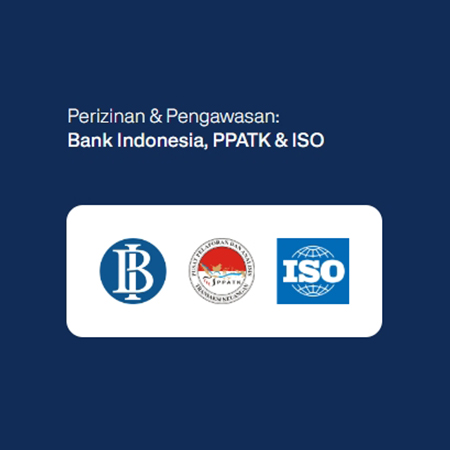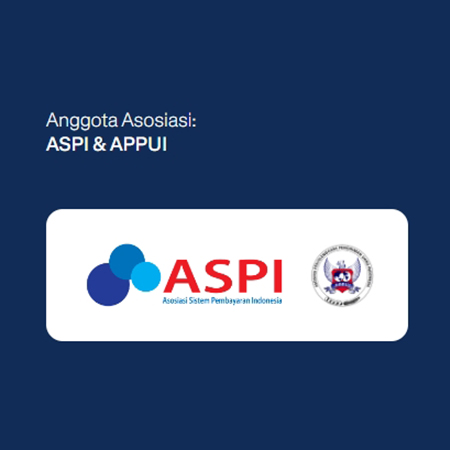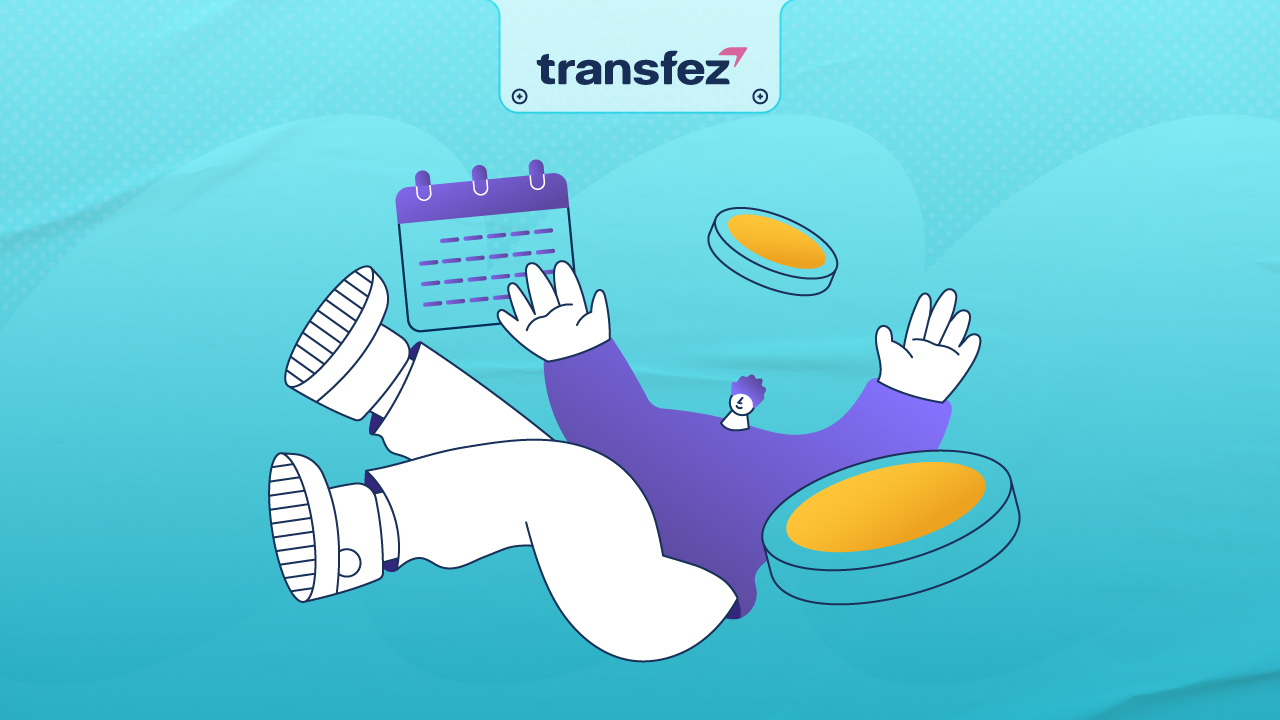
This article discusses the definition and full examples of a grace period. If you often use credit cards or are involved in the financial world, this is a term you must understand.
Many people may still be unfamiliar with this term. However, if you own a credit card, payment deadlines are likely a common concern. Especially if you’re unable to pay on time, you could face several issues. To avoid those problems, you can take advantage of the grace period.
What Is a Grace Period?
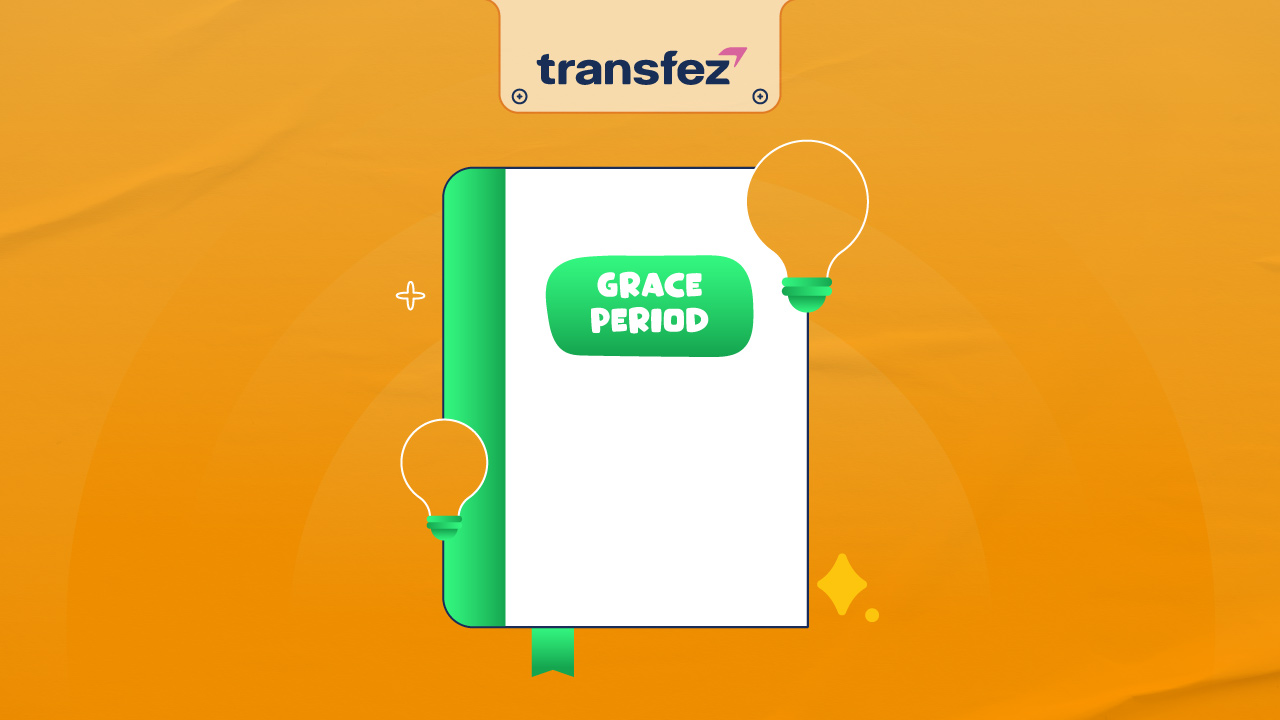
According to the Kamus Besar Bahasa Indonesia (the official dictionary of the Indonesian language), a grace period is a period of leniency in the form of delayed repayment of interest or principal within a specified time.
Globally, a grace period refers to the time given after a payment deadline, typically used for debt repayments. In banking, it means a period during which borrowers are only required to pay interest until the agreed term ends.
The typical grace period is around 15 days. This is often found in mortgage or property installments and credit card payments.
If a credit card holder makes a payment after the due date but still within the grace period, the transaction won’t negatively affect their credit report.
Grace Period Terms
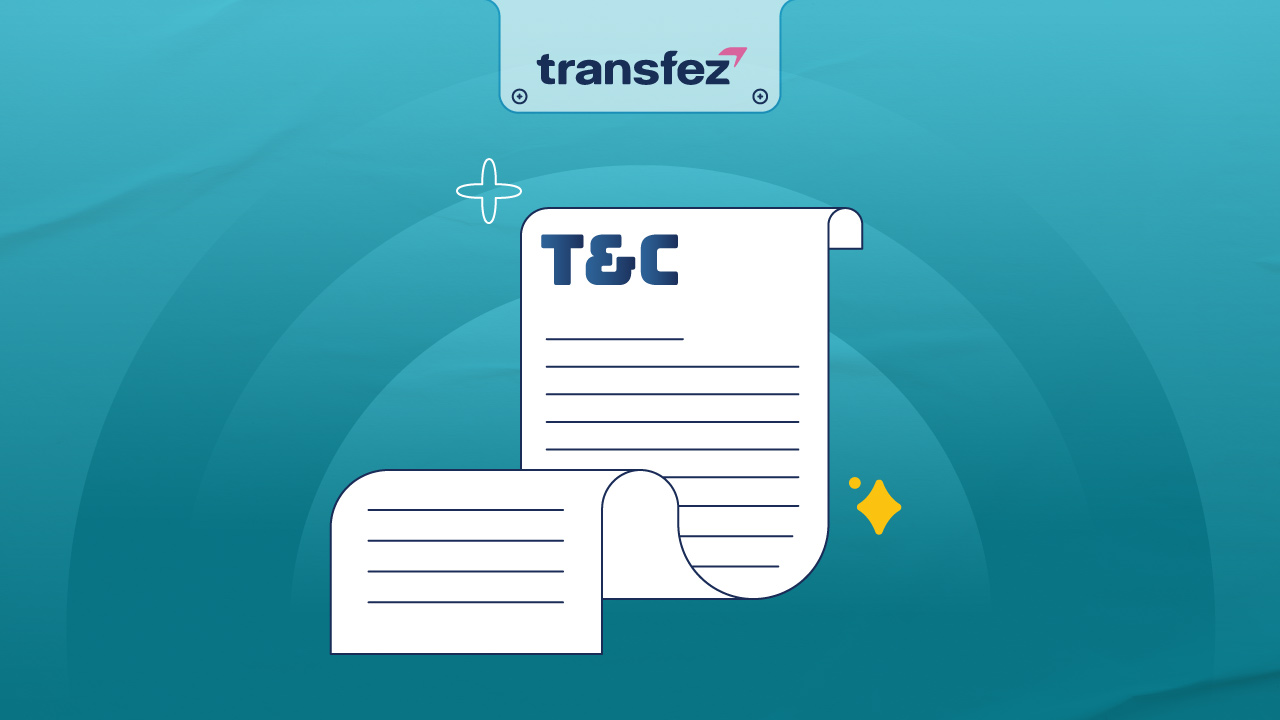
You can determine when your grace period starts by checking the monthly transaction closing date. Any transactions made after this date will be recorded in the next month’s billing cycle.
One of the biggest benefits for users taking advantage of a grace period is being able to pay their bill without being charged interest. The grace period begins after the transaction month ends and before the next payment due date.
Example of a Grace Period
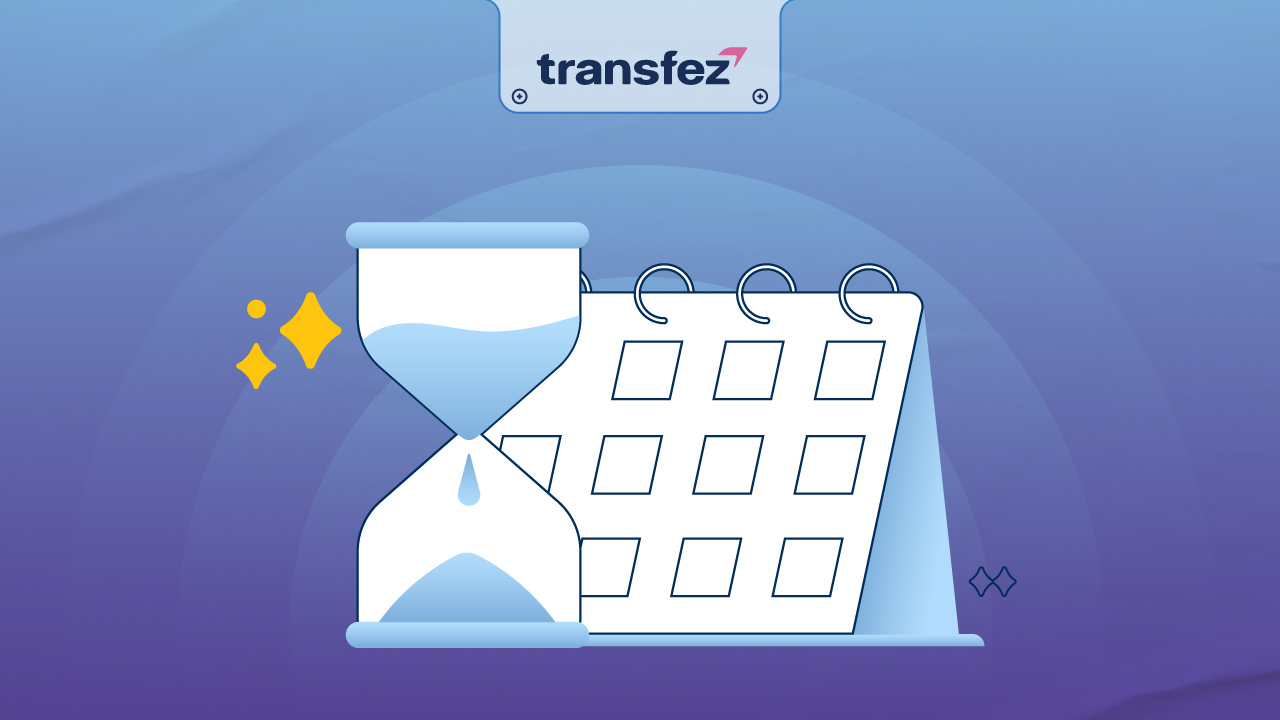
Let’s say you pay your credit card bill before the due date or on time and have no outstanding balance. In this case, you can take advantage of the grace period, meaning you can make new transactions without incurring interest charges.
Any transactions made during this grace period will be reflected in your next billing cycle. On the other hand, if you only make a partial payment, leaving, for instance, just IDR 100,000 unpaid, then every new transaction you make will be charged interest, in addition to the outstanding balance from the previous month.
This may seem inconvenient, but it underscores the importance of paying your credit card bill in full.
Usage Example
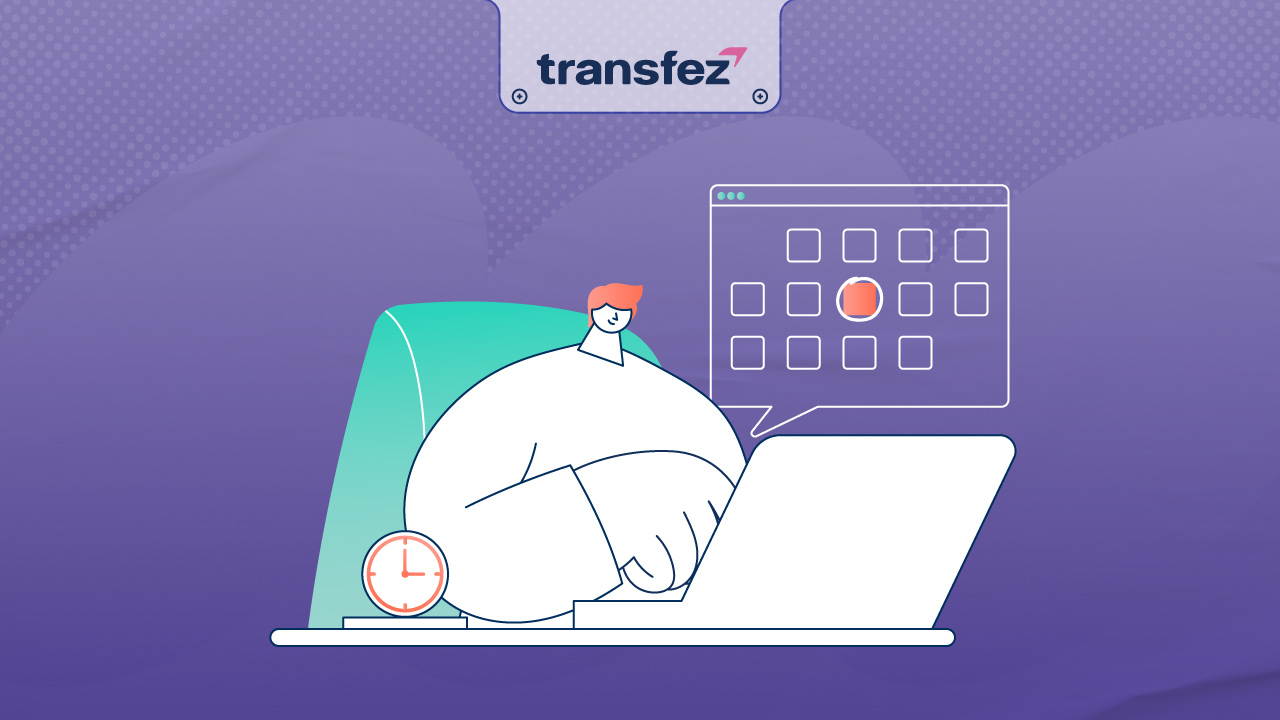
To better understand how a grace period works, consider this example:
Mr. Andika owns a credit card at Bank M and is required to make his payments on the 29th of each month. As stated in his agreement, the payment due date is the 3rd of the following month. Bank M provides a grace period feature for its customers.
If Mr. Andika wants to take advantage of the grace period, he must pay his bill by the 29th. This allows him to make new transactions without being charged interest from the 29th to the 3rd of the following month.
However, if Mr. Andika fails to make full payment by the due date, he cannot benefit from the grace period. Every transaction made before the due date will still be included in the current billing cycle and will incur interest.
How to Make the Most of a Grace Period
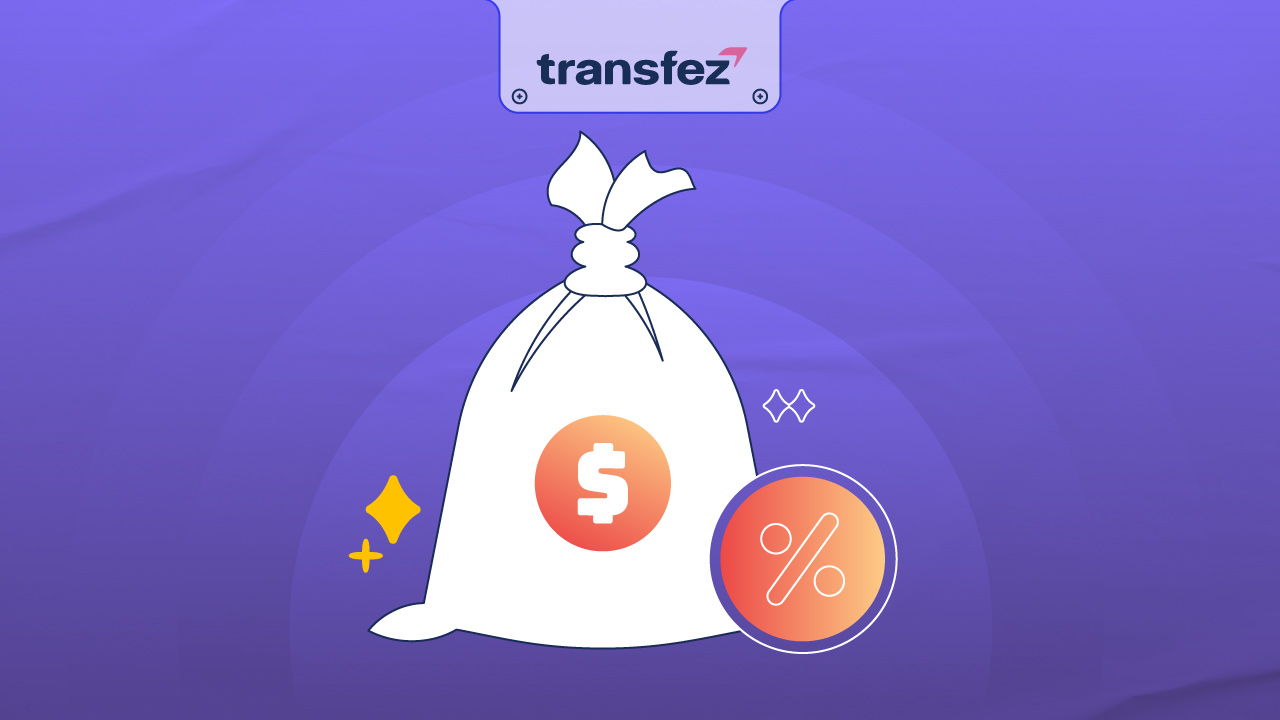
The grace period offers an advantage to credit cardholders, especially if they plan to make large purchases. You can make these purchases without being charged any interest, provided that the bill is paid by the next due date.
You should maximise the grace period if your credit card offers it. Ideally, make new transactions one day after the billing cycle closes. This way, your new transaction will not incur interest, even if your previous bill hasn’t been paid yet.
See Video on How to Easily Send Money Abroad with Transfez
Another benefit is that you’ll have extra time to pay for larger purchases without additional charges. Still, it’s important to remember: you must pay your bill in full each month to truly benefit from the grace period. Most banks apply a daily penalty system. This means you’ll only be charged a late fee for the number of days the bill remains unpaid.

Although this may seem lenient, since you won’t be charged for a full month, the longer you wait to settle your bill, the higher the total penalty will be. The grace period is a highly beneficial feature for credit cardholders. However, you are still required to pay your bill before the official due date.
That’s why it’s essential to manage your finances wisely and stay on top of your credit card payments. Paying your bill in full and on time will help you avoid late fees and enjoy the full benefits of the grace period.
Download Transfez App
Transfez App can help you transfer money abroad more quickly and efficiently. Jack Finance can also help your business in making transactions abroad. For those of you who want to send money to relatives who are abroad because they are studying, working, or traveling, Transfez will be ready to help. This app is available on Android as well as iOS.










